The ASP.NET ExecutionContext, responsible for storing the HttpContext.Current instance, won't naturally "flow" to other threads. Judging by your error stack trace, you're working in ASP.NET MVC, a framework that abstracts away the use of HttpContext. You've perhaps come from a WebForms background, where its direct use is common?
SynchronizationContext
This article offers much more detail than I can reasonably go into. Some of the points most relevant to your situation though are:
"ExecutionContext is all about “ambient” information, meaning that it stores data relevant to the current environment or “context” in which you’re running."
This "ambient" information being... HttpContext.Current and its various properties (including Session).
"This means that this ambient context we’ve come to rely on for controlling details of our execution is no longer viable, because TLS doesn’t “flow” across these async points."
TLS being thread-local-storage (HttpContext.Current, etc.) In short, async = potentially lose HttpContext.Current.
The MVC way
Remember I said MVC mostly abstracts away HttpContext?
Session is in Controller.Session. (I'm sorry to say that as yet I have not tested this in an async controller action, so can't verify it's suitability for your needs as yet, or whether you will need additional work to make it cooperate.)
Request is in Controller.Request
User is in Controller.User
There are others... check them out.
Session Alternatives?
Have you considered alternatives? You don't have to look far to find articles suggesting that Session + ASP.NET MVC is a bad idea. I'm not going to weigh in on something as generalised as whether or not it's a "bad thing", but looking at your example, it seems to me you're dealing with user profile data, not "session" data.
Session isn't really the right place to be caching user profile information. For that matter, is it appropriate to cache it at all? Could a users profile change during a session? If they changed it themselves, would you reset the session? What if a separate admin user changed their profile while they were logged in?
Exploring alternatives are beyond the scope of this question, but just be wary that you may be trying to solve the wrong problem here.


 I'm starting to wonder if it's a cross-thread issue...
I'm starting to wonder if it's a cross-thread issue...